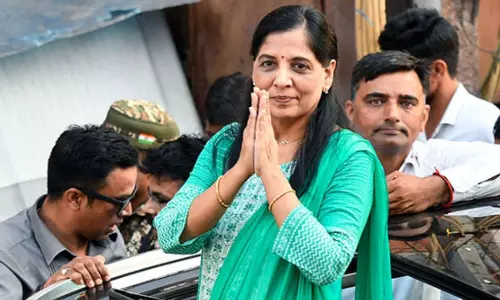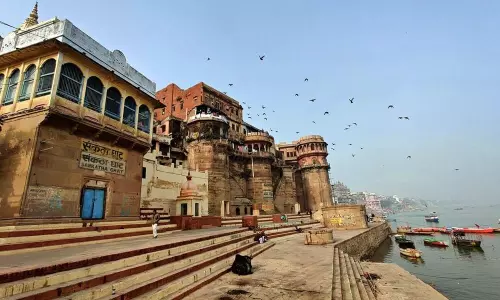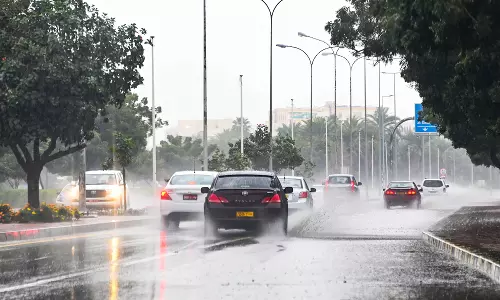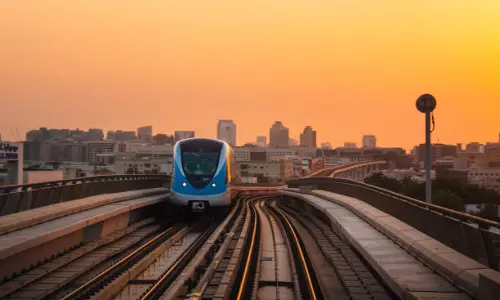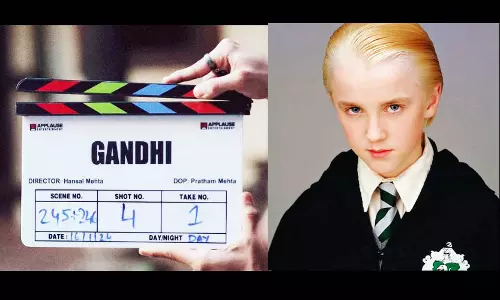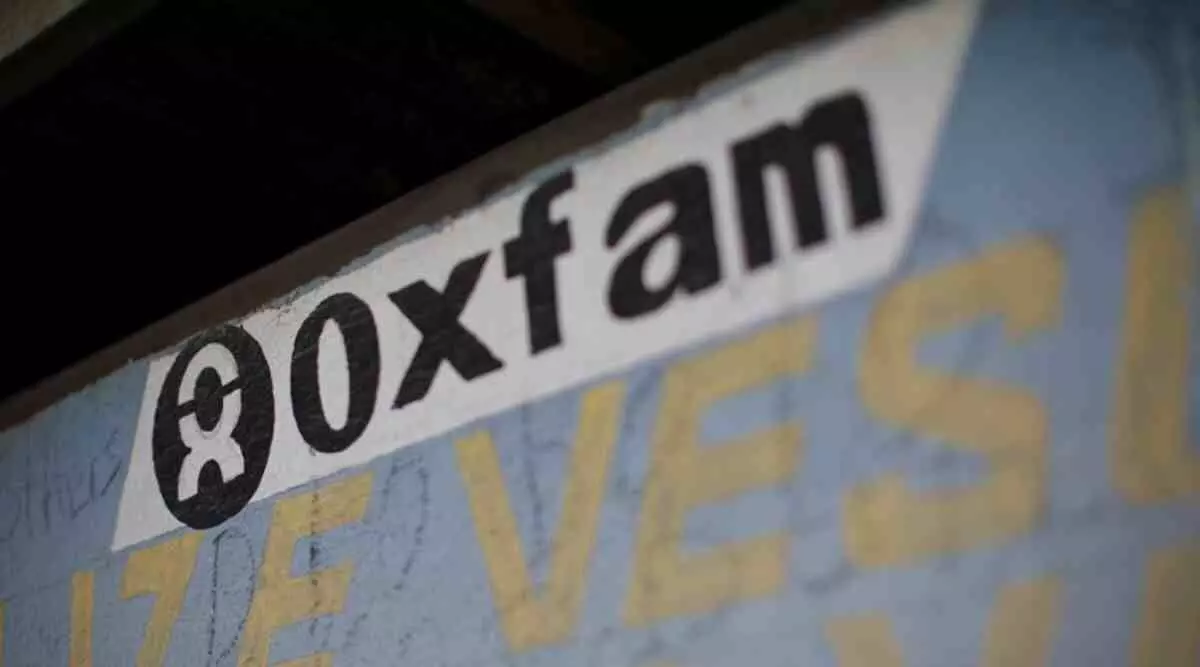
The inequality that kills
text_fields"Inequality Kills" was the title of the Global Economic Inequality Report recently released by Oxfam, a non-profit organization. For some reason, the report, which did not even emerge as a political debate during the election period, says a lot about India. It was released this year, as it happens every year, in conjunction with the World Economic Forum summit in Davos. The report argues that economic injustice is creating an explosive situation that should worry us almost as much as the global climate crisis and the epidemic. When the Covid-19 pandemic plunged millions into misery, the super-rich amassed wealth. The wealth of the ten richest people in the world has doubled, and 99 % of the world's population saw their income plummet during the epidemic. 16 crore people were pushed into poverty. While the super-rich were earning more than $ 1.20 billion every 24 hours, 21,000 poor people were dying every day. When a handful of rich people amass wealth, every four seconds, a poor person dies of starvation and disease. In the words of Gabriela Bucher, Executive Director of Oxfam, "Even if 99.999% of the wealth of these ten super-rich is lost, they will still be 99 per cent richer than the rest of the world." Oxfam International points out that this inequality is not only an injustice but also a form of violence against humanity. Oxfam and Forbes are not the only ones to testify that the situation is dire; The World Economic Forum's Global Risk Report and figures from the IMF and the World Bank say the same.
India's situation is below average. The United Nations estimates that half of the pushed to poverty during the pandemic are living here. The wealth of the richest one percent is equal to the total wealth of the remaining 99%. With the assets of the ten richest people in the country, they can provide primary school - higher education for 25 years. To fund the total annual expenditure of the Department of School Education and Literacy, the 98 richest people in the country need to pay a 1% tax on their assets. It also teaches us the urgent need to focus on property taxes rather than income taxes in our budgets. However, this also gives the lesson of giving emphasis on wealth tax rather than merely on income tax. At the same time, governments are still looking at indirect taxes, which directly affect ordinary people. That too increases inequality; injustice is rampant. Last year, the number of billionaires in India was 102, but this year it is 142. They have $ 71.9 billion in assets, while the other 55.5 crore people at the lower strata have to share even less assets ($ 657 billion). In the last one year, four and a half crore people (up to 16 crore according to some studies) have become poor in India.
This 'killing inequality' must be addressed urgently. Because it is the result of policy flaws it can easily be remedied with the right policy. Many countries have reformed wealth taxes and imposed heavy taxes on the super-rich. India also needs to make such reforms. Despite the pandemic, the public health budget fell by 10% in our national budget last year; it is at a time when at least 3% of the gross domestic product (GDP) should be earmarked for health that ours does not go above 1.5 per cent. If 1percent tax is imposed on the ten richest people in the country, it will be enough for 18 lakh oxygen cylinders. In a country where people die without oxygen, what's the hurdle in implementing that tax? We have global figures tax evasion by the rich. Political determination is all that is needed to ensure that the very rich and the super-rich pay fair taxes. The trickle-down effect theory that wealth and capital will percolate down to lower levels has collapsed. Reports, including from Oxfam, warn that there is only one way to avoid social unrest and conflict: ensure economic justice, and oversee the super-rich donating wealth to the public good, while ensuring the necessary policy changes. The statement 'Inequality kills' is not about the poor, it is about societies as a whole.




